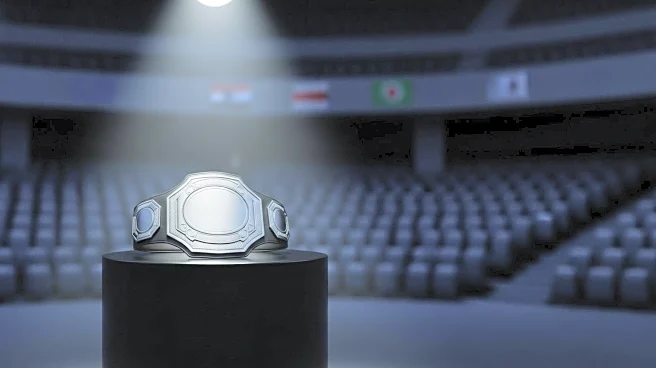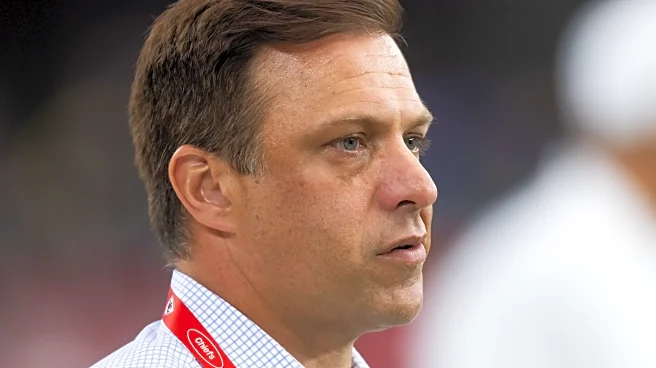What's Happening?
Aslanbek Badaev, vice president of the Absolute Championship Akhmat (ACA) league, disclosed in an interview how Iranian fighter Pouya Rahmani deceived the league, leading to complications with his contract. Rahmani, who was under contract with ACA, allegedly declined fight offers, resulting in automatic contract extensions. Despite being announced for the Professional Fighters League (PFL) heavyweight Grand Prix, Rahmani was removed after ACA provided documentation of their active contract with him. Badaev detailed how Rahmani's actions, including disappearing without explanation and making unfulfilled promises, led to a strained relationship with the league. Rahmani's case has become a precedent for how ACA handles contractual disputes with fighters.
Why It's Important?
This situation highlights the complexities and challenges within the mixed martial arts industry regarding fighter contracts and league commitments. The incident underscores the importance of clear communication and adherence to contractual obligations. For ACA, maintaining contractual integrity is crucial to its operations and reputation. The case also serves as a warning to other fighters about the potential consequences of not honoring agreements. The broader impact on the industry includes potential changes in how leagues manage contracts and the importance of transparency between fighters and organizations.
What's Next?
ACA may need to reassess its contract management strategies to prevent similar issues in the future. The league might also consider implementing stricter measures to ensure compliance from fighters. For Rahmani, his future in professional fighting could be uncertain if he continues to face contractual disputes. Other leagues may become more cautious in signing fighters with existing commitments, potentially affecting Rahmani's career opportunities.











